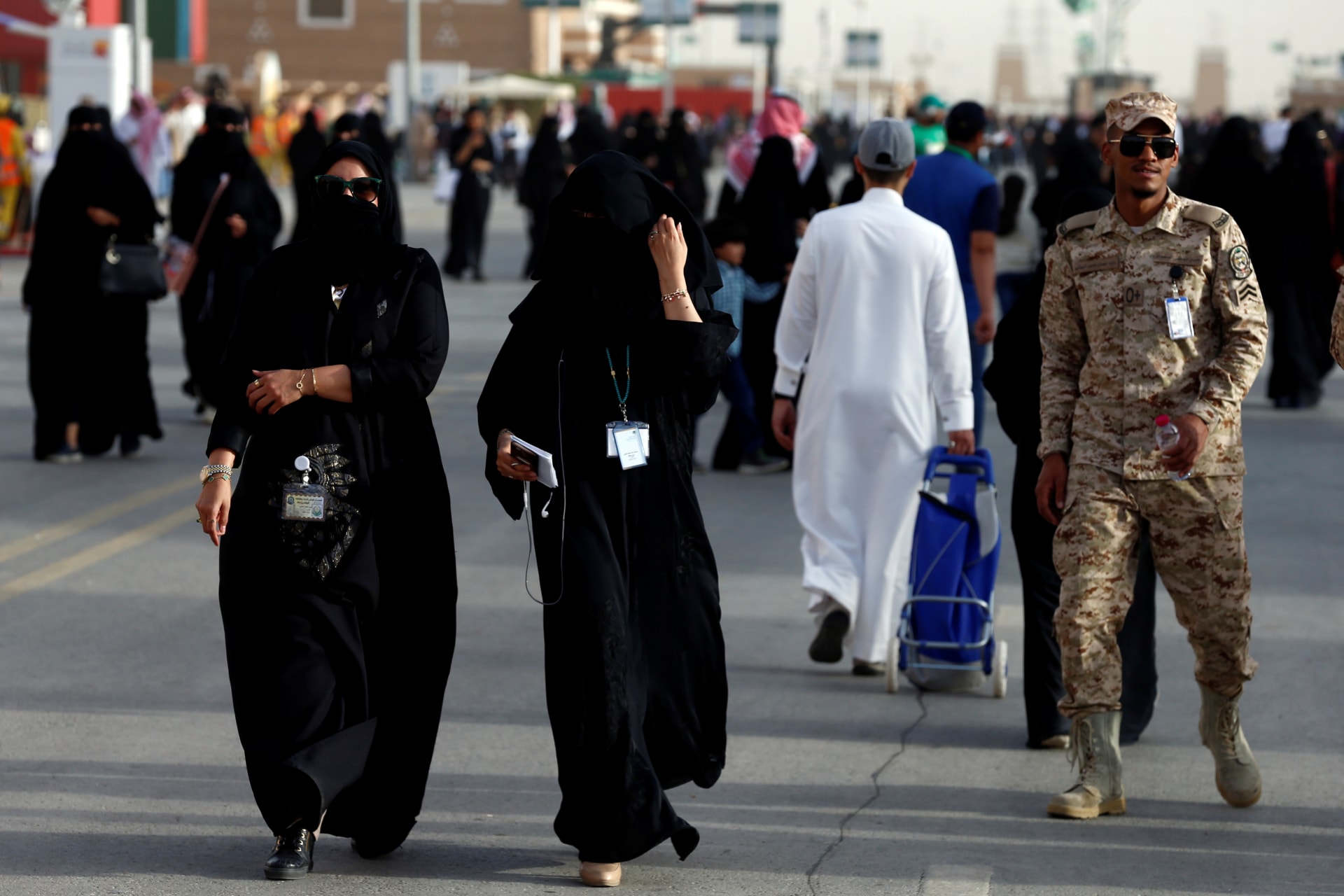Women Around the World: This Week
Welcome to “Women Around the World: This Week,” a series that highlights noteworthy news related to women and U.S. foreign policy. This week’s post, covering February 23 to March 4, was compiled with support from Alexandra Bro and Anne Connell.

By experts and staff
- Published
By
- Rachel B. VogelsteinDouglas Dillon Senior Fellow and Director of the Women and Foreign Policy Program
Saudi Arabia opens military posts to women
Last week, the Saudi government announced that women will be allowed to join the country’s armed forces in security and support roles. In order to qualify for service, female applicants must be Saudi nationals (or living under fathers’ guardianship abroad on official assignments) between the ages of 25 and 35 with a high school diploma or equivalent degree. Officials announced the change as part of a sweeping government reform, in which top defense and interior ministry officials were replaced and a woman was promoted to a top labor ministry post. The move to permit women’s participation in the military is the latest in a series of reforms to increase women’s rights in the conservative gulf kingdom, including rescission of the female driving ban , allowing women to attend sports stadiums, and providing physical education to girls.
France criminalizes street harassment
Last week, French parliamentarians commissioned a working group to define street harassment as the legislature considers a new law to fine men for harassing women in public. The proposed bill would impose fines ranging from €90 to €350 for behavior that infringes on “the freedom of movement of women in public spaces and undermines self-esteem and the right to security.” Marlène Schiappa, France’s minister for gender equality, first proposed legislation to curb sexual harassment in September after thousands of French women started using the hashtag #BalanceTonPorc, as part of the global #MeToo movement, to denounce aggressors. According to recent polling, over 50 percent of French women have experienced sexual harassment or assault at least once in their lifetime. If lawmakers pass the bill, France will join several other European countries, including Portugal and Belgium, that have criminalized street harassment.
Russia faces high rates of domestic violence
As Russia marks the one year anniversary of legislative changes that decriminalized domestic violence, new reports find persistently high rates of violence against women and challenges to reporting and litigating offenses. Last year’s revision to the Russian criminal code relaxed penalties for domestic violence, establishing that bruising or bleeding—but not broken bones—could be dismissed with a small fine or a maximum 15-day prison sentence. Although domestic violence is chronically underreported in Russia, estimates suggest that 40 percent of all violent crimes in the nation are committed in the family, and about 40 women per day die at the hands of their husbands. In response to new prevalence reports, several Russian lawmakers and women’s rights advocates pledged to develop new legislation to combat such violence. These efforts are not expected to succeed, however, given that parliament voted 380-3 in favor of eliminating protections against domestic violence in 2017.